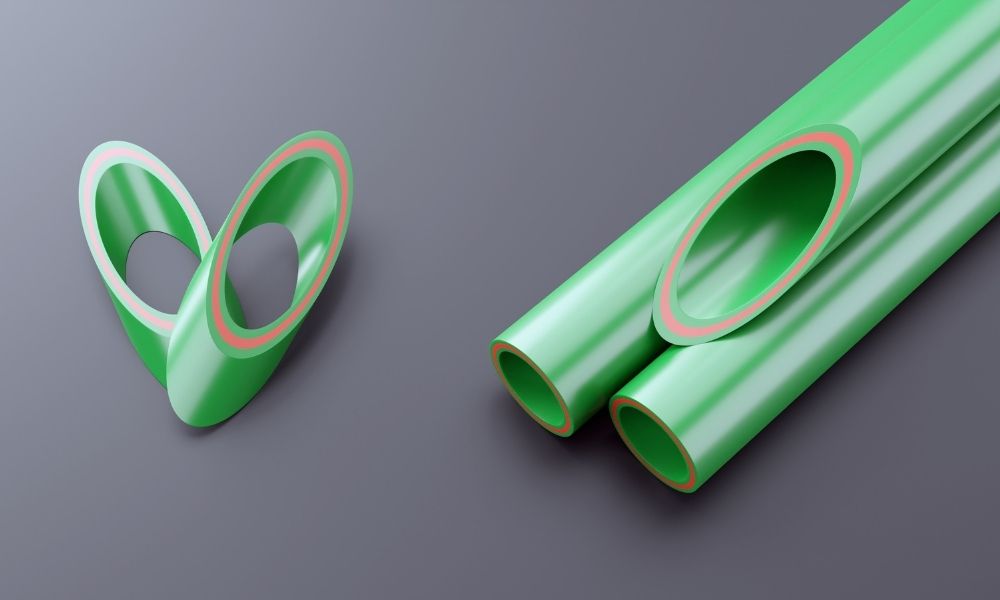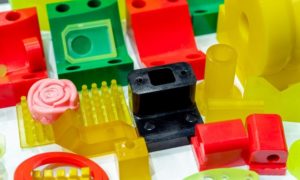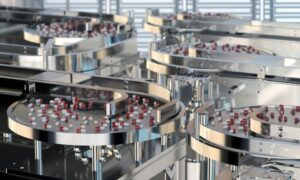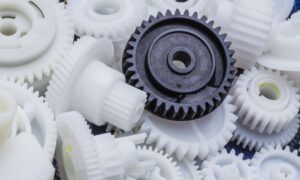3D printing has changed the fabrication landscape, and every day, researchers expand its potential. But selecting materials for an additive manufacturing project isn’t that much different than other methods. Which plastics are suitable for 3D printing custom parts? Each one has its own properties and unique resistance to chemicals. This overview covers a few of the most popular materials.
ABS
This thermoplastic is commonly used for 3D manufacturing because it’s flexible and can withstand shocks. It can build parts when it’s in a liquid form for SLA printing or powder for SLS. It’s strong, reusable, and is easy to weld with chemicals. Name your requirements, and ABS can probably rise to meet the challenge. It’s always available and extremely cost-efficient.
Nylon
What can’t this miracle plastic do? Nylon’s versatility is legendary, and it’s adapted seamlessly to 3D printing processes. Usually a top choice for SLS technology, nylon in its powder form can be transformed into gears, automotive parts, robotics, medical prosthetics, and even used for food applications. It’s shock-resistant, flexible, stable, and high-quality all-around. Nylon has a combination of chemical and mechanical characteristics that are tough to beat.
Polypropylene
Polypropylene is already everywhere and is a suitable plastic for 3D printing custom parts. Because it’s tough and resistant to fatigue, you can bend it endlessly without breaking it. Beyond polypropylene’s use in living hinges, you can also see it manufacturing automotive components, in the textiles sector, and in many everyday objects. Why is it so practical? It stands up well to water, chemicals, and electrics.
PEEK
If your goal is custom 3D printed parts, you’ll be considering a range of high-performance plastics like PEEK. In filament form, it can create components that are both thermal and mechanical-resistant. It’s comparable to the strength of metal but significantly lighter. A number of industries have already discovered the advantages of using PEEK, including automotive, oil, gas, aerospace, and medical. It’s an excellent selection if you have a low-volume project.
Of course, there are many more materials that are ideal for 3D printing, and there are more to come. Miller Plastics has been at the forefront of manufacturing for five decades, and it’s our mission to stay ahead of the curve. Ask us about the possibilities for your project. We know how to balance the highest quality with the lowest prices. Come see us in Burgettstown, PA, or contact us today.




